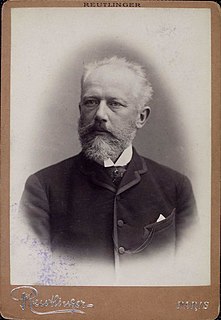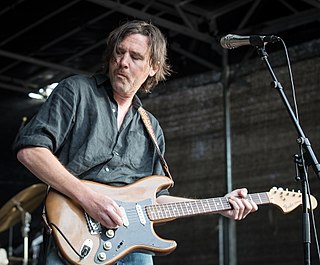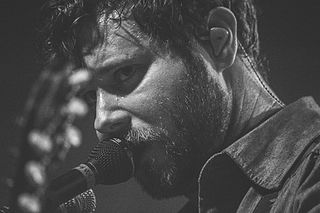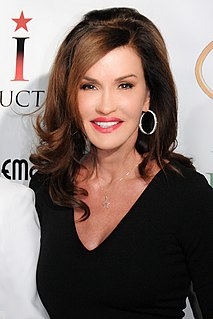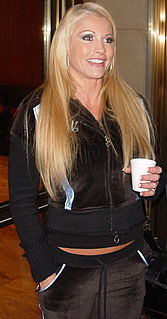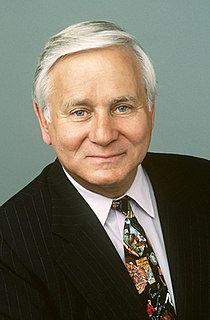A Quote by Pyotr Ilyich Tchaikovsky
Related Quotes
When we are securely rooted in personal intimacy with the source of life, it will be possible to remain flexible without being relativistic, convinced without being rigid, willing to confront without being offensive, gentle and forgiving without being soft, and true witnesses without being manipulative.
Really, whatever I was seeking and looking into in those days like creative arts, chant, the muse being in touch with the muse for poetry and writing and music. It's all part of the spirit and if we look particularly at Hinduism and Buddhism, the tantric stream of those traditions totally embraces all aspects of human life and life on this world.
